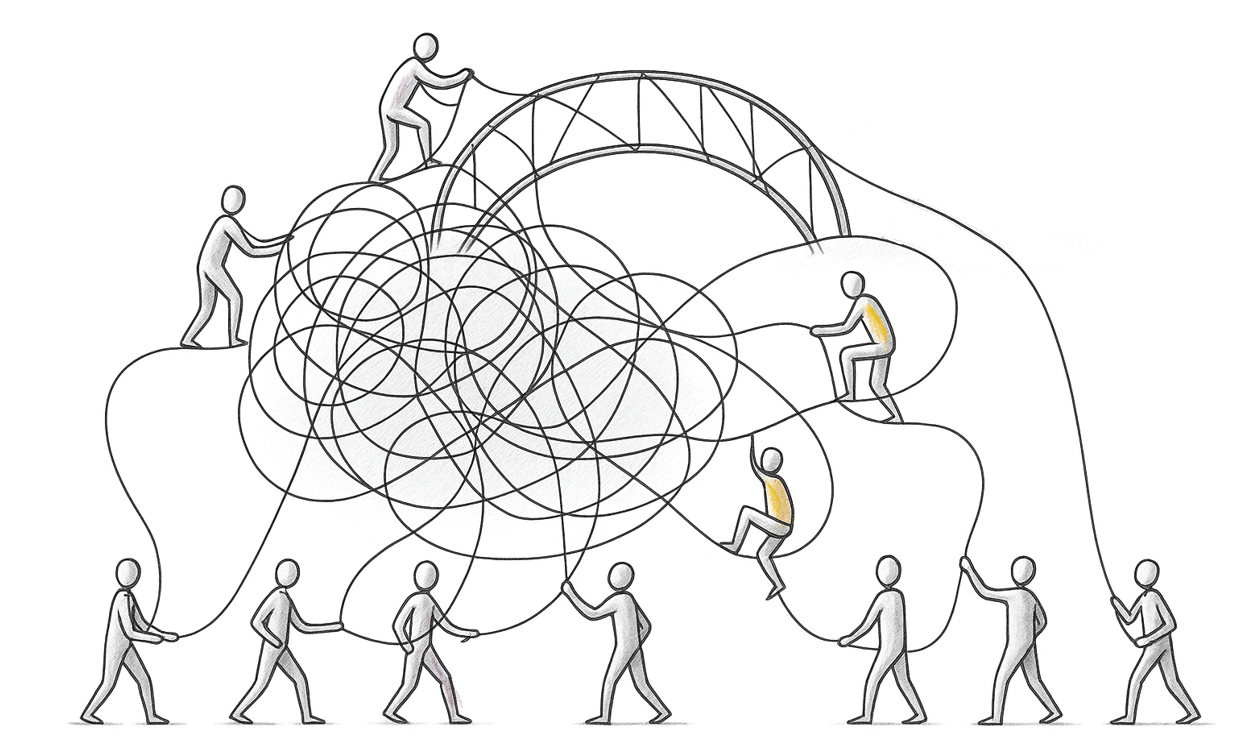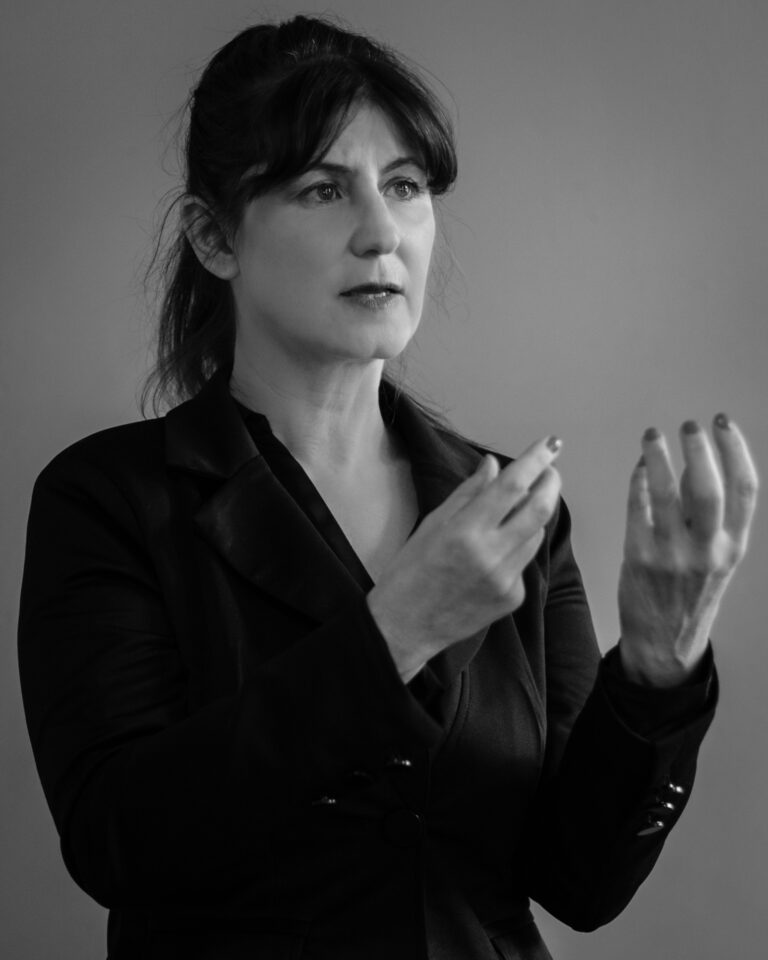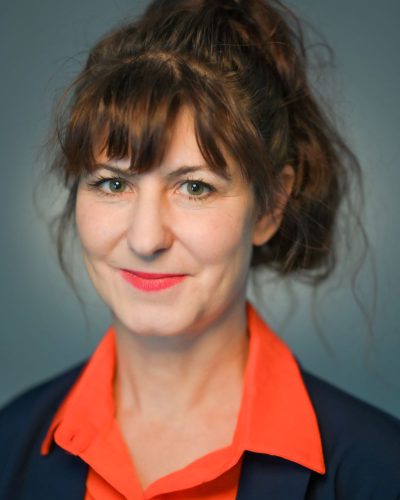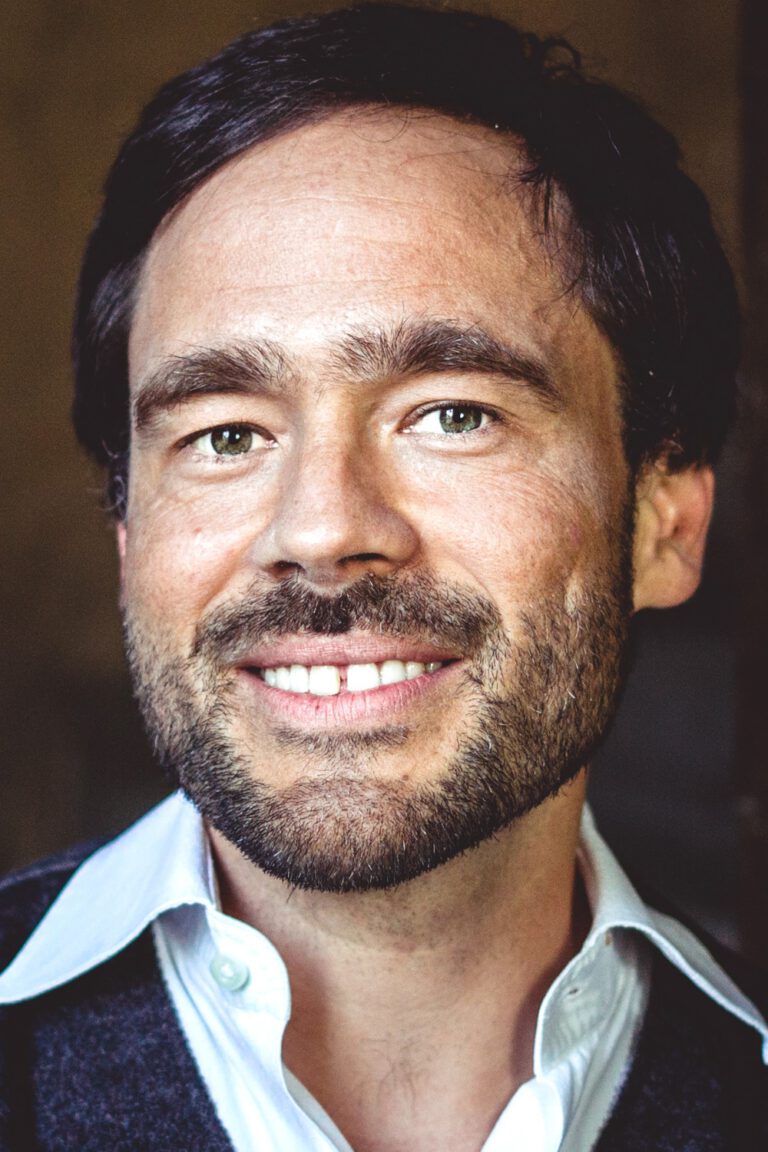Organizational Consulting for Universities and Research Institutions
Designing Academic Institutions with Strategic Foresight
Universities and research institutions are navigating profound transformation: digitalization, war of talents, new teaching and learning formats, rising administrative complexity and growing competitive pressure. Our systemic consulting approach helps you sharpen strategic goals, build efficient structures, and establish a participatory and performance-driven organizational culture.

Organisational Development for
Higher Education and Research Institutions
- participative and impact-driven -

Systemic Consulting
Strategic Foresight and Change Intelligence
Gain a competitive edge in the war of talents with strategic foresight and change intelligence. We combine systemic consulting expertise with a deep understanding of the unique dynamics within higher education and research institutions. Together, we clarify short- and long-term development objectives and identify cross-sector solutions that strengthen decision-making and increase the effectiveness of organizational development.
Team Development for
Faculties, Research Projects & Administration
In today's research and higher education landscape, high-performing teams are a critical success factor - within faculties, across research projects and in administrative units.
Team Development for Scientific Teams
Outstanding scientific results emerge from the innovative strength of entire research teams - especially interdisciplinary setting.
Team Development for Administrative Units
Ensuring reliable processes and smooth work flows
Team Development in Administrativ Units
Eine wertschätzende und effiziente Zusammenarbeit im administrativen Bereich und an Ihre Schnittstellen ist ist eine effiziente und wertschätzende Zusammenarbeit essenziell für den reibungslosen Ablauf von Lehre und Forschung. Eine gute Zusammenarbeit im administrativen Bereich und an den Schnittstellen zu Lehre und Forschung sichert .
Team Development for
Faculties, Research Projects & Administration
Team Development Measures
- defining team objectives
- identifying antipatterns
- adressing and solving conflicts
- enhancing team strengths
- clarifying roles, tasks and responsibilities
- optimizing coordination and decision making processes
- establishing a constructive feedback culture
- enhancing motivation and mutual appreciation
- Conflict management und question techniques
Outstanding scientific results emerge from the innovative strength of entire research teams - especially interdisciplinary setting.
Outstanding scientific results emerge from the innovative strength of entire research teams—especially in interdisciplinary settings. We design tailor-made interventions based on your team’s history, composition and goals. Our programs help identify and develop individual strengths, optimize collaboration, and build a cooperative culture with clear decision-making and alignment processes. Design Thinking elements are integrated to foster experimentation, creativity and strong outcome orientation.
Team Development for Administrativ Units
In a dynamic environment, well functioning administrative teams are crucial for the smooth work flows and reliable services. Our team development measures promote a cooperative and results-oriented team dynamic in which all employees can develop their potential. Together, we develop practical approaches to optimizing processes and finding effective solutions for complex administrative tasks.
Leadership Development in Academia
In the administrative sphere, we frequently address topics such as the tension between students, professors, management and employees, dealing with difficult employees and low performers, agile project management and leadership in times of change. In the research context, we empower scientists to deal with role ambiguities and conflicting goals in a self-determined manner, to define priorities strategically, to recognize the opportunities and risks of their own inner drives, and to strengthen their resilience. Young scientists with initial leadership responsibilities practice effectively using lateral leadership skills. Working group leaders learn how to develop high-performance teams as enablers and facilitators, helping young scientists reach their full potential.
For us, leadership training means defining development goals that are both in sync with the individual proclivities and strengths of our participatns. Our workshops are characterized by an appreciative working atmosphere, in which the diversity of perspectives is used as a valuable resource. Our leadership qualification programs are designed as well-coordinated, cognitive, experiential, and practice-oriented learning journeys that offer plenty of time and space for exercises. Participants try out new leadership principles and develop individual solution strategies for their specific leadership challenges.
Leadership Workshops
for Scientists and Administrative Staff
Mastering leadership challenges in science and administration
Developing High-Performance Teams
Ambidetry and Leadership
Lateral Leadership
Multi Agil Project Management
Resilience and Agility
Inner Motivators
Healthy (Self-)management
Creativity Techniques and Moderation Skills
Mentoring of Doctoral Students
Agile Leadership
Intercultural Competence
Leadership for Scientists
Leading in the VUCA-World
Employee Retention
Leading Mixed-Age Teams
Woman in Leadership
Lectures on Leadership
Our presentations provide concise insights into essential leadership topics: What are the key factors of lateral leadership? How can a deeper understanding of motivation, creativity, and willpower help you to effectively shape your role as a supervisor? What is impostor syndrome and how can it be counteracted? How can we make strategically sound decisions in a complex environment? Using scientific findings from the fields of motivational psychology, organizational sociology, and neuroscience, we demonstrate the pragmatic relevance of modern leadership approaches for everyday leadership challenges in universities and research institutions.


Lectures on Leadership
Our presentations provide concise insights into essential leadership topics: What are the key factors of lateral leadership? How can a deeper understanding of motivation, creativity, and willpower help you to effectively shape your role as a supervisor? What is impostor syndrome and how can it be counteracted? How can we make strategically sound decisions in a complex environment? Using scientific findings from the fields of motivational psychology, organizational sociology, and neuroscience, we demonstrate the pragmatic relevance of modern leadership approaches for everyday leadership challenges in universities and research institutions.
Coaching for Scientists and Administrative Staff
Applying Strengths, Gaining Clarity
Individual Coaching for Scientists
Frequent topics:
- Lateral Leadership
- Dealing with role ambiguities
- Defining strategic career and development goals
- Managing expectations
- Overcoming inner blockages
Coaching for Administrative Staff
Our coaching services support administrative staff in reliably providing the operational infrastructure and meeting the demands and requirements of science, teaching, and students.
Frequent topics:
- Lateral Leadership
- Project and interface management
- Continuous process optimization
- Stakeholder analysis: academia, administration, students
- Leadership in times of change
Our Consulting Team for Universities and Research Institutes
- systemic, impact-driven and sustainable

Dr. Arlena Jung
Dr. Arlena Jung is the managing director and founder of ChangeLab Organizational Consulting. She holds a doctorate in organizational sociology and systems theory and has extensive experience in consulting for universities and scientific institutions.

Michael Stein
Michael Stein is a former head of human resources at the Hertie School Berlin, specializing in personnel and organizational development. For 15 years, he has been working in management positions and as a personnel and organizational developer, focusing on leadership, productivity, and meaning.
